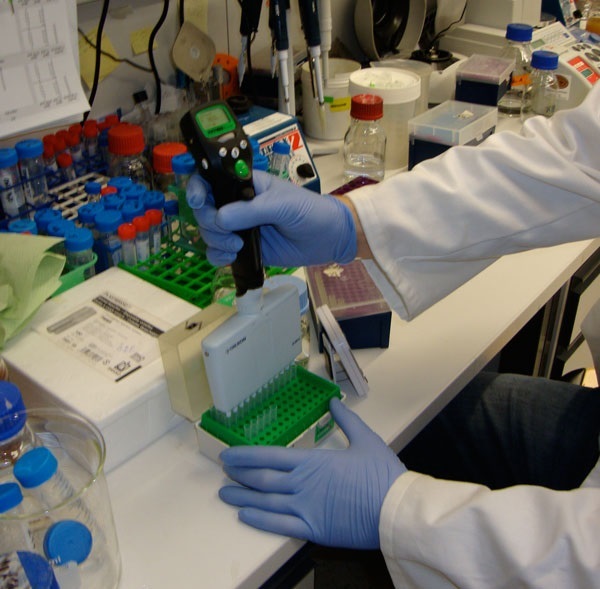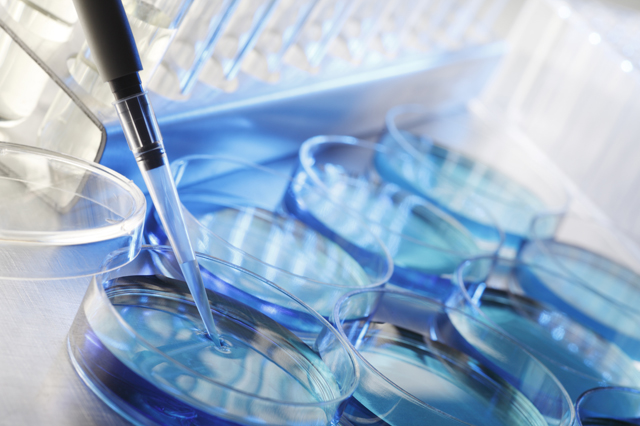CD Laboratory for Infection Biology

Certain microorganisms, such as pathogenic fungi, can trigger life-threatening diseases. The molecular processes responsible for this in clinically significant fungi are being researched and will serve as the basis for the development of suitable therapies in the long term.
In particular, work is being carried out with disease-causing yeasts of the genus Candida. For these, the so-called virulence, i.e. the ability of the fungus to trigger diseases in mammalian models, is being researched at a molecular level. Both the processes in the fungus and those in the infected organism (host) are being investigated. These carry out a lifelong interplay of attack and defence with the host, the outcome of which determines the extent of a disease.
On the one hand, the biochemical and physiological signalling processes that pass on information about a fungal infection in the host organism's immune system are of interest. On the other hand, the genes in the pathogen that favour or even cause the spread of infections are also of interest.
Some of these genes, known as virulence genes, are present in the fungus and also in the host; in their entirety they are known as the patho-genome. This patho-genome is an important goal of research and is being identified for the most important Candida species. For this purpose, individual genes in the fungus are specifically inactivated using molecular biological methods (reverse genetics). The effect of inactivation on virulence is analysed in model systems. With this method, as many genes of the fungus as possible are genetically removed one after the other in order to create a complete picture of their significance for virulence. The effect of gene inactivation on virulence is analysed in animal models, in insects or in primary cell cultures of immune cells from mice and humans. Evidence obtained in this way for disease-relevant molecular processes in the host is then confirmed in suitable animal models.
The knowledge thus gained with a good degree of certainty will be used in the following steps to develop prophylactic or new therapeutic approaches that can effectively counter a dangerous systemic fungal infection.

Christian Doppler Forschungsgesellschaft
Boltzmanngasse 20/1/3 | 1090 Wien | Tel: +43 1 5042205 | Fax: +43 1 5042205-20 | office@cdg.ac.at

